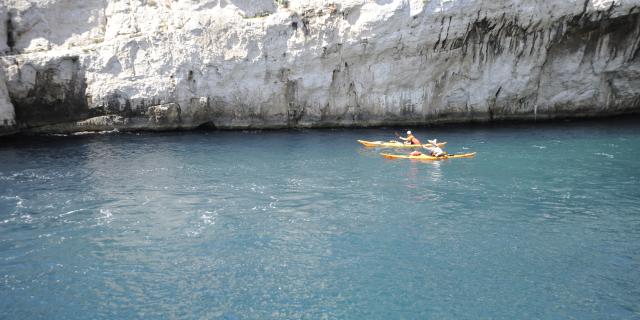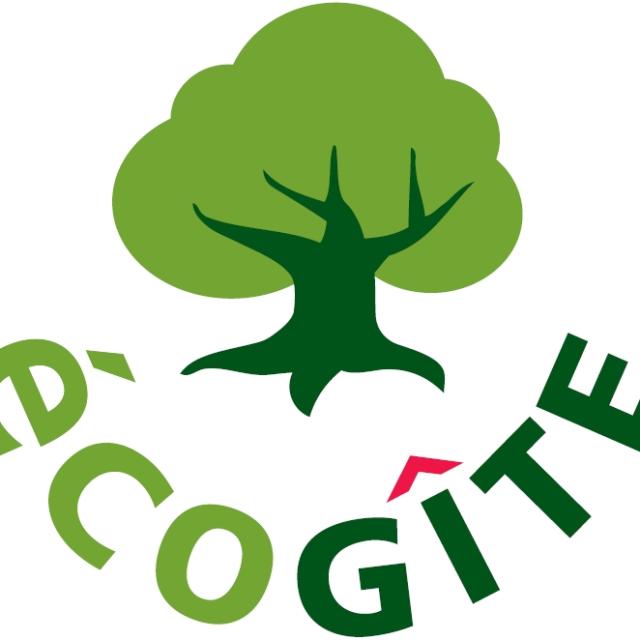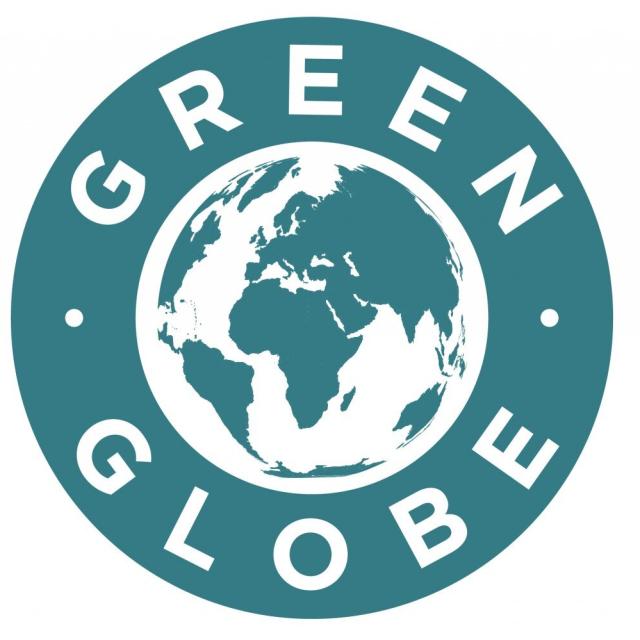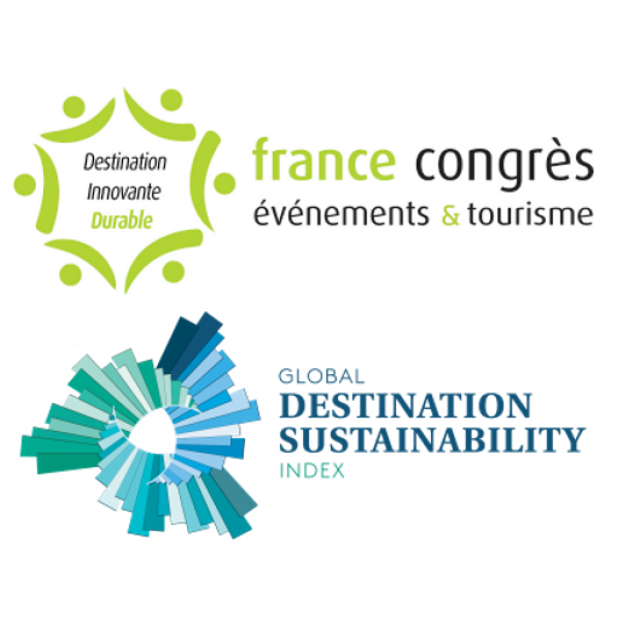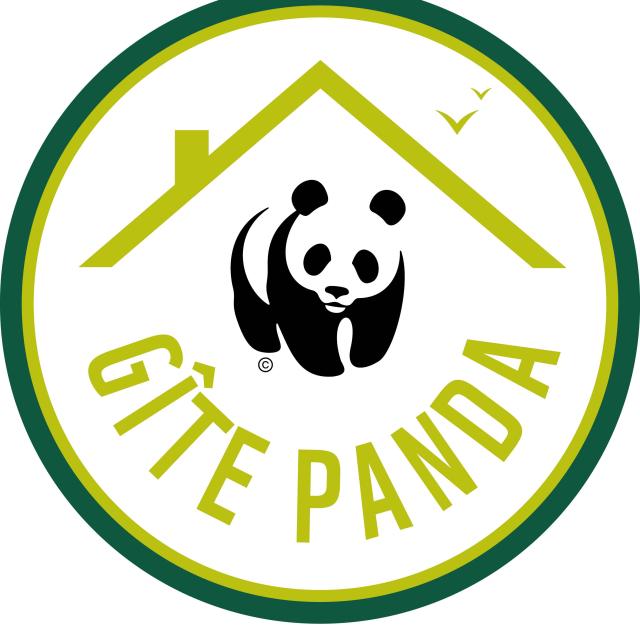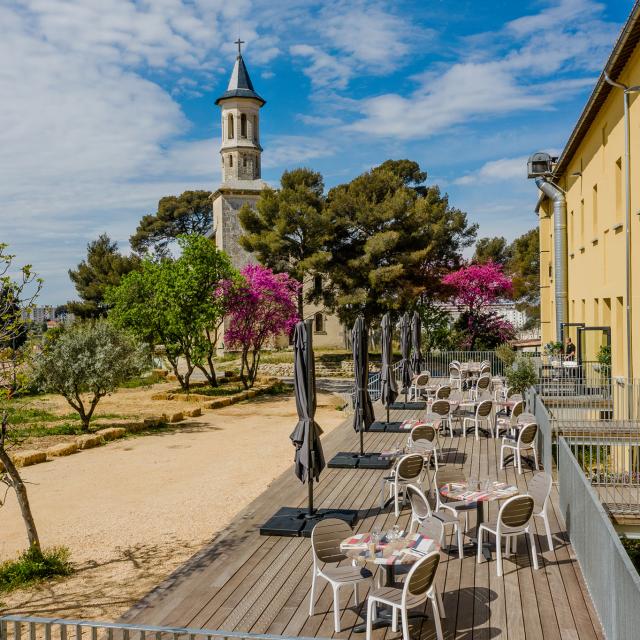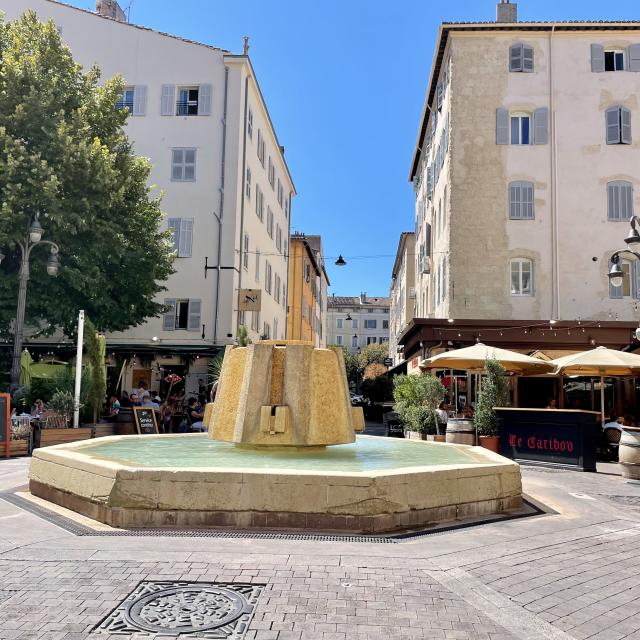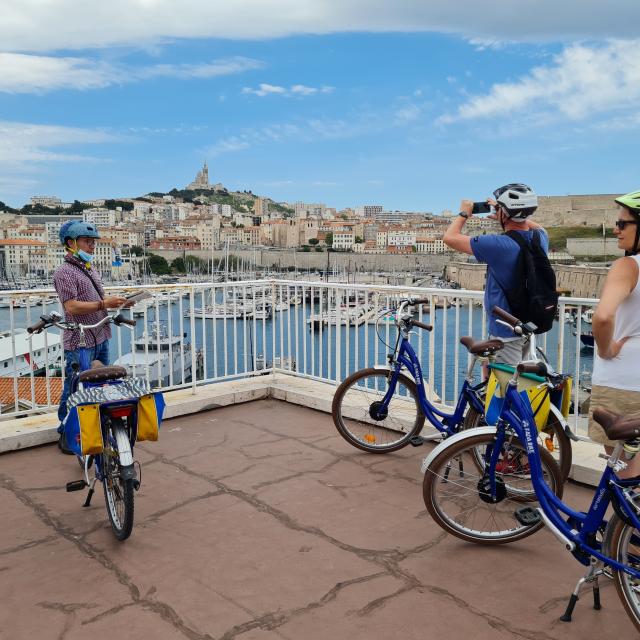The different sustainable tourism labels
What is a label?
A label is a certification that guarantees that products or services meet a set of established criteria in terms of quality, safety and sustainability. It is awarded by organisations whose role is to regularly assess practices and products to ensure that standards are being met correctly. Labels are used to inform consumers and help them make choices from a variety of offers.
The purpose of a label is to provide official recognition for high-quality products or services. They can also help companies to differentiate themselves in a competitive market and attract consumers who are concerned about the quality and environmental impact of their purchases.
Green Key / Clef Verte
Introduced in France in 1998, the Green Key label is now the leading ecolabel for French tourist establishments. Each type of establishment – hotels, campsites, gîtes, bed and breakfasts, youth hostels and restaurants – must meet criteria covering a range of issues, from environmental policy and living environment to environmental awareness and management of water, energy and waste. The establishments are committed to an environmental approach with the aim of constantly improving their practices. By choosing a Clef Verte-labelled establishment, you are placing your trust in a professional who implements responsible and sustainable solutions.
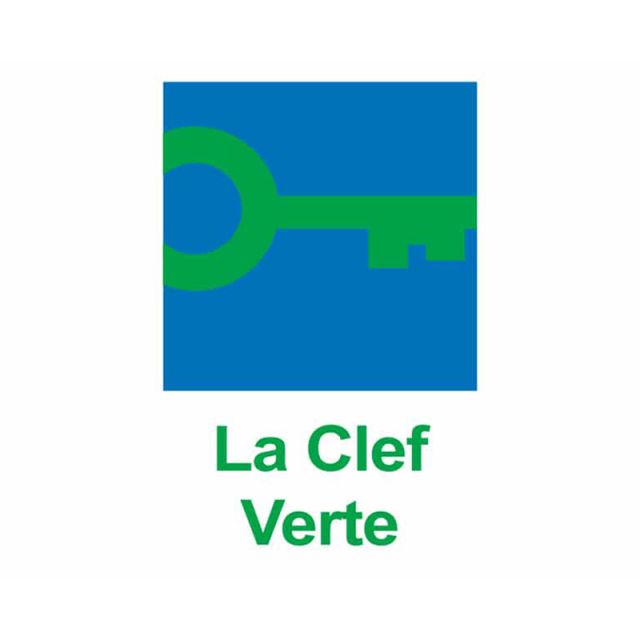
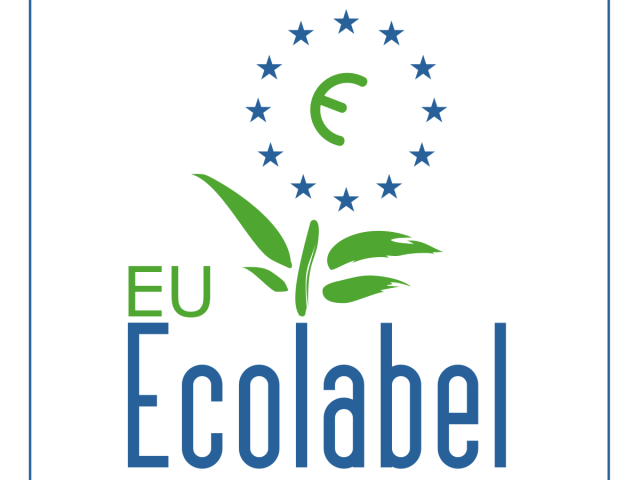 1200px Ecolabel logo.svg
1200px Ecolabel logo.svgEcolabel
Most commonly used for household products or cosmetics, it also certifies other products and services. A sign of strong commitment, the Ecolabel is awarded to accommodation located in the European Union that complies with ecological requirements. In the same way as traditional labels, tourist establishments must meet the criteria imposed by the organisation, covering energy and water consumption, as well as the use of certified products. This European sustainable tourism label guarantees the high quality of the services offered to protect the environment, and advocates products that respect health and the environment. Accommodations that demonstrate a reduction in their environmental impact offer travellers an eco-friendly holiday.
